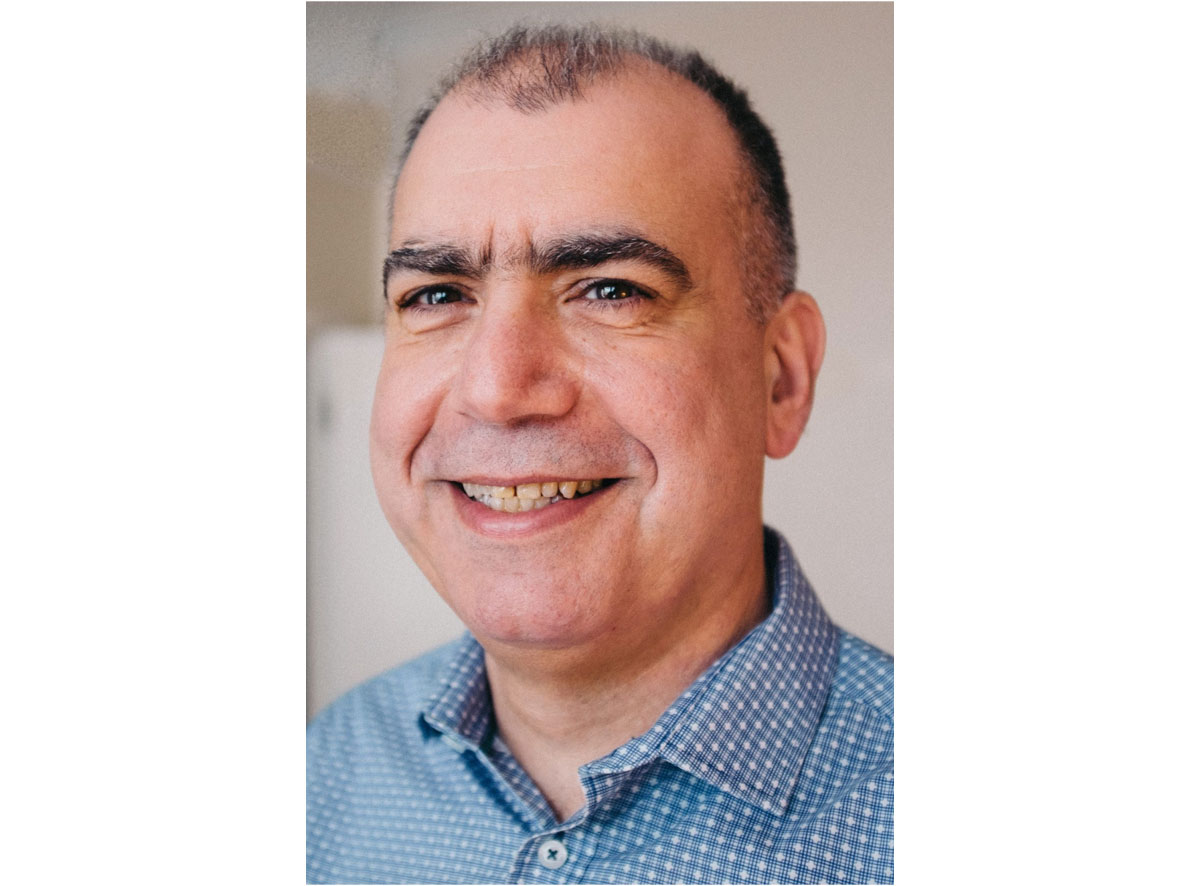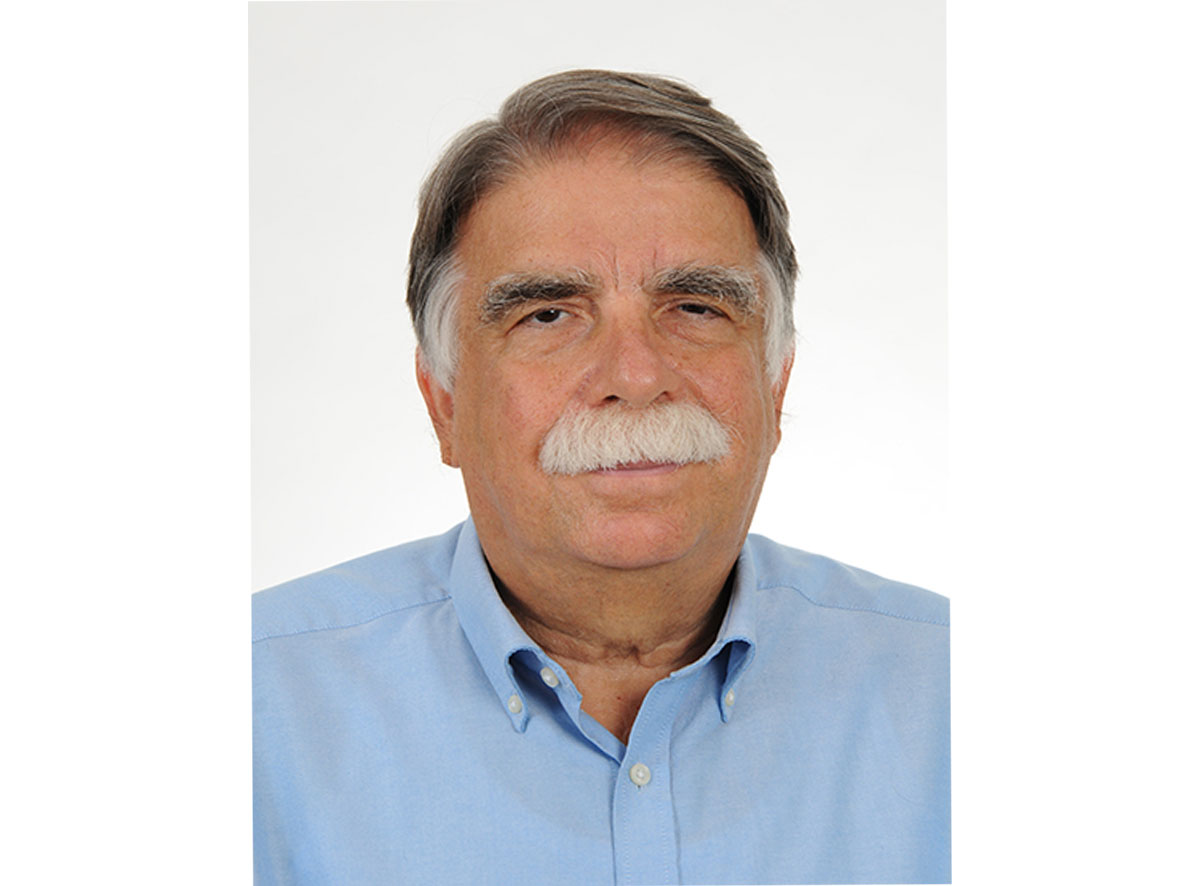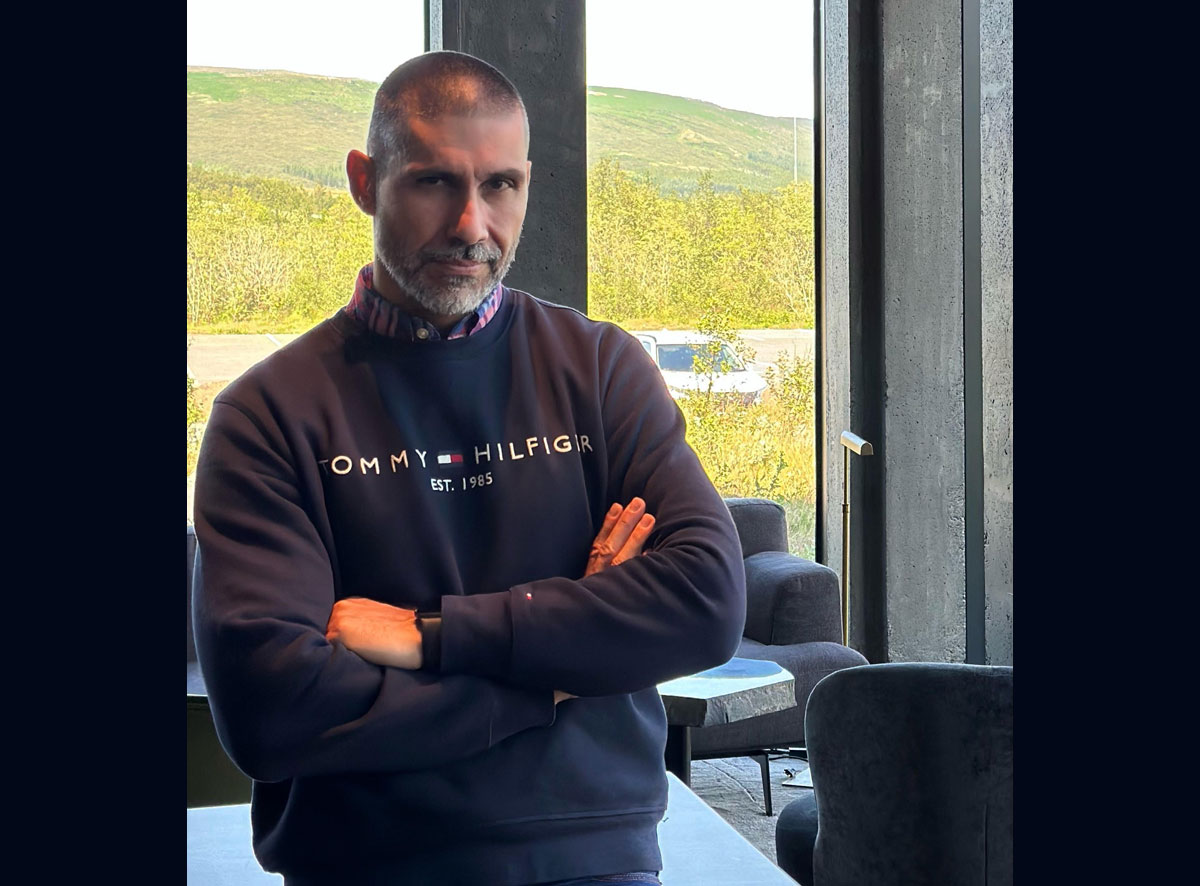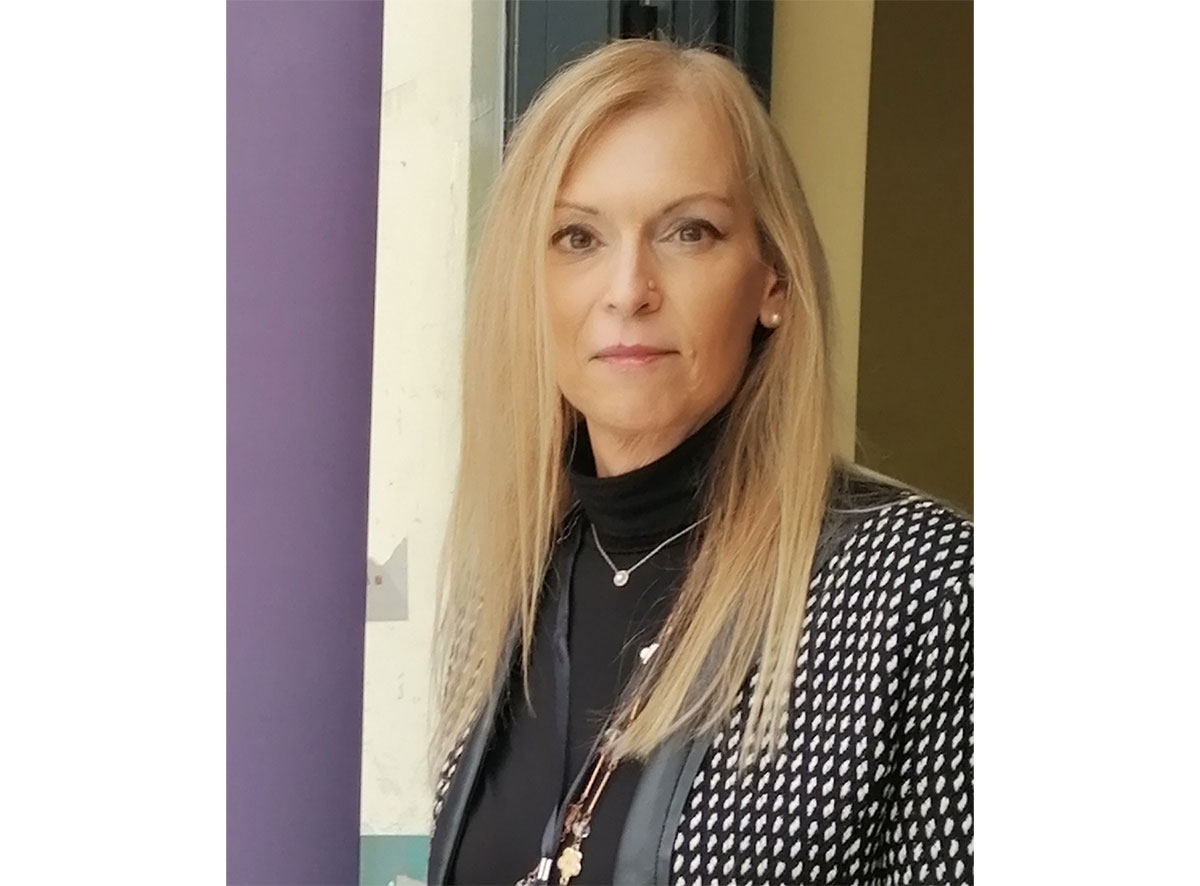Georgios Tsakos – One Health is an issue that concerns all of us, not just the scientists
Georgios Tsakos – One Health is an issue that concerns all of us, not just the scientists

One Health is an issue that concerns all of us, not just the scientists who are experts in the various fields it deals with. This is emphasized in an interview given to the website of the Mediterranean One Health Innovation Center (MED – OHC) by Professor Georgios Tsakos.
Mr. Tsakos adds that sustainable development cannot be achieved without interdisciplinary and cross-sectoral collaborations.
Georgios Tsakos is Professor of Dental Public Health in the Department of Epidemiology and Public Health at University College London (UCL). He is also Adjunct Professor at the Faculty of the School of Dental Medicine, University of Pennsylvania.
He is also a member of the Scientific Council of the Mediterranean One Health Innovation – Center.
The interview:
Question: What exactly does One Health mean?
Answer: There are several definitions, I will refer to the one from the World Health Organization which is concise and incorporates the basic concepts.
One Health is a comprehensive and integrated approach to improving and safeguarding the health of humans, animals and the environment. This approach is holistic because it recognizes the relationship between human health, animal health and environmental health. It includes and refers to the population as a whole (not just specific groups) and extends to the key social and environmental determinants of the population’s health and the causes of disease. One Health is also an integrated approach, because it is interdisciplinary and collaborative. It (rightly) believes that the well-being of people, animals and ecosystems is deeply interwoven and sustainable solutions can only emerge through the cooperation of different scientific fields and social sectors.
Question: On a practical level, i.e. in our daily lives, how does One Health contribute to the promotion and protection of Public Health?
Answer: First of all, let’s be clear that Public Health is one of the key areas involved in the interdisciplinary approach to One Health, and therefore the two concepts are interrelated. Here is one obvious example: The prevention and control of pandemics, e.g. that of avian influenza, has been successful because certain diseases transmitted between humans and animals have been reduced. Another example: being sensible and only using antibiotics when necessary (in humans and animals) prevents what is known as antimicrobial resistance, i.e. antibiotics not working properly when we really need them, a major public health issue. Anything less than the holistic and interdisciplinary/intersectoral approach to One Health would have much poorer results. Also, consider the increasing number of diseases associated with environmental pollution. One Health actions to protect ecosystems and the environment are critical to prevent them and promote population health.
Question: How pivotal is the role of One Health in stopping pandemic threats such as the one the planet has recently experienced, as well as other types of threats such as the Food and Climate Crisis?
Answer: The memories and consequences of the pandemic period we experienced in recent years were a classic example of the close relationship between human health, animal health, and the environment. The virus seems to have first appeared in animals and from there it was transmitted to humans. In turn, diseases in animals are exacerbated by the climate crisis and environmental degradation. Also, the spread of and response to the pandemic were not the same everywhere, but disproportionately burdened countries that either did not have or did not properly activate public health infrastructure and mechanisms, and affected the lower socio-economic classes far more, thereby widening health inequalities. The One Health approach can “respond” favorably by prioritizing adequate epidemiological reporting and surveillance systems and promoting coordinated public health actions focusing on environmental, social and political determinants of health (the so-called “root causes”) and the strengthening of health systems.
Question: How can an active citizen be informed and help promote the aims of One Health?
Answer: One Health is an issue that concerns all of us, not just the scientists who are experts in the various fields it deals with. I realize that this seems difficult on an individual level, for each of us, considering how broad the range of issues related to One Health is. However, the important thing is that these issues are addressed cooperatively and collectively, primarily by groups of people and less so at the individual level. Therefore, the positive approach is mainly through social initiatives and the actions of groups of active citizens, e.g. to promote vaccinations, environmental protection, social cohesion and mitigation of health inequalities, etc. In these, networking with experts is important, but actions will have a better chance of success and positive integration into policies when citizens play an active role and fully participate.
Question: Is One Health an additional resource for all of us to mitigate the effects of the Climate Crisis and achieve the Sustainable Development Goals?
Answer: Quite clearly, and to a significant extent. As a concept, One Health ” runs through” several of the Sustainable Development Goals (SDGs) set by the United Nations, and there are examples of its approach being applied in relevant programs. We have already mentioned its close link to Public Health, and thus to the Goal related to Good Health and Wellbeing (SDG3). The Zero Hunger Goal (SDG2) is linked to nutrition and food security, which are key issues of the SDGs. In addition, several Goals are linked to the climate crisis and environmental protection, e.g. for clean water and sanitation (SDG6), for climate action (SDG13), for ecosystems and biodiversity (SDG14 and SDG15). However, perhaps the most important is Goal 17, which refers to the need for partnerships to achieve the Goals, as One Health promotes and highlights interdisciplinary and cross-sectoral partnerships that are necessary to achieve sustainable development.




